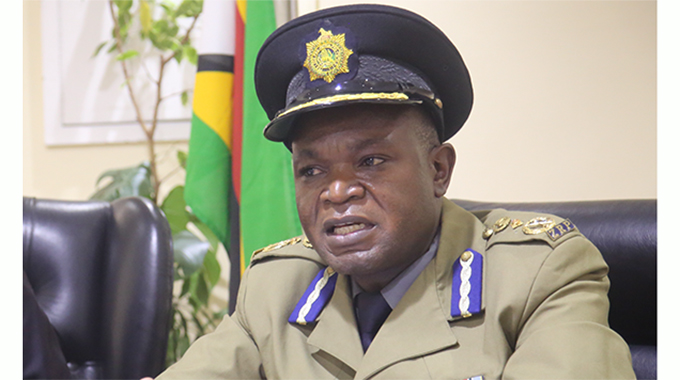RBZ forex allotments reach US$3,7 bn

Tapiwanashe Mangwiro-Senior Business Reporter
THE Reserve Bank of Zimbabwe (RBZ) has allotted US$3,7 billion through the foreign exchange auction system since its introduction in June 2020 to December last year, with the bulk of it channelled towards the importation of raw materials and machinery.
The central bank plans to keep running the auction system as a platform to allocate foreign currency to the productive sectors of the economy.
Despite the willing-buyer-willing-seller platform now being used as the platform to determine the official exchange rate, the apex bank, in its last Monetary Policy Committee meeting, resolved to “enhance efficiency in the operation of the foreign exchange auction system”.
The auction system was established as a price discovery mechanism for the local currency as well as availing much-needed foreign currency to local companies for production at a time the country was experiencing foreign reserves challenges.
Last year’s allocations stood at about US$1,1 billion, according to the central bank.
The auction system ended the fixed exchange rate put in place following the introduction of the local currency in 2019 after a decade of multi-currency regime dominated by the US dollar, which was generally referred to as dollarisation.
Until mid-last year, the auction was the major source of foreign currency for local companies when the Government introduced the willing-buyer-willing-seller (WBWS) platform.
Apart from the two platforms, domestic sales have also become the major source of foreign currency after the Government legalised the use of the US dollar for domestic transactions during the tenure of the National Development Strategy 1.
The NDS1, the country’s medium-term economic blueprint runs until the end of 2025.
The Confederation of Zimbabwe Industries (CZI), in its latest report, said 45 percent of companies surveyed were largely relying on domestic sales for their forex needs.
Total foreign exchange payment for the period January 2022 to December 2022 was US$8,6 billion.
Foreign currency accounts accounted for US$7,3 billion, foreign exchange auction allotments US$1,1 billion while the willing-buyer-willing-seller stood at US$218 million.
The highest allotments were in March 2022 where a total of US$184 million was disbursed and the lowest was in December 2022 with US$27 million being paid out.
In December 2022, US$24,3 million was allotted to 132 beneficiaries under the Main Foreign Auction and US$2,7 million allotted under the SMEs Foreign Exchange Auction.
According to the central bank, the foreign currency allotment backlog from the first 93 auctions of the RBZ’s foreign currency auctions had been cleared.
In December 2022, deputy governor Dr Innocent Matshe said: “The backlog that we experienced has been cleared. Now, I am not talking about delays, I am talking about the backlog.
That backlog was sterilised up to auction 93… we are now working to reduce the time to say when allotments are made, and allotments are run, the time for the recipient of the allotment to receive money in foreign currency accounts.”
Bankers Association of Zimbabwe chief executive Mr Fanwell Mutogo told The Finance and Business Herald that the RBZ was now allocating available resources.
“I must say that there has been an adjustment in terms of making sure that they allocate only that which they have.”
In its Third Quarter 2022 Business and Economic Intelligence Report released last week, the CZI said while the Government in 2022 increased the number of official sources of foreign currency to two — the auction system and the willing-buyer-willing-seller platform — domestic sales had become the main source of foreign currency.
“This also explains why a gloomy picture did not arise despite the depreciation of the local currency,” said the CZI.
“Despite delays, the auction was still accounting for close to a fifth of foreign currency needs among the businesses.
“The WBWS platform had not yet been able to beat the parallel market as a source of foreign currency among businesses, demonstrating the need to make it more accessible.”
Last year, the Government enacted legislation to entrench the multi-currency system, which makes both the United States and Zimbabwe dollars legal tender for all local transactions for the duration of the NDS 1.
Before the enactment of the law, the Government had already legalised the use of foreign currency for local transactions in March 2020 at the height of Covid-19.
There has been phenomenal growth in the use of United States dollars including loans to corporates and individuals, payments of utility bills and local authorities, and salary payments.
The US dollar-based retail transactions also increased after the narrowing of the gap between black and official exchange rates since August last year when the Government put in place several measures to stabilise the local currency and tame inflation.









Comments